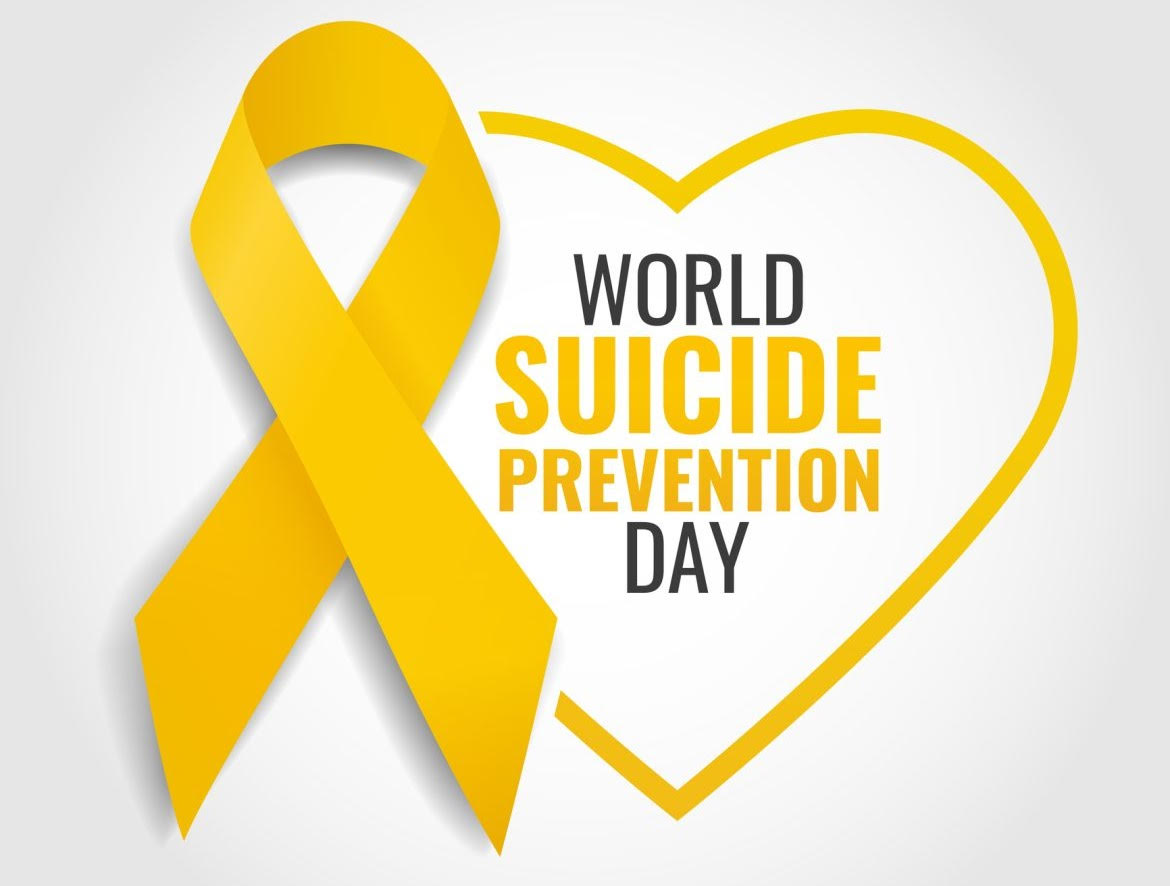Dear NU Students,
The theme for World Suicide Prevention Day 2024, “Changing the Narrative on Suicide” aims to inspire everyone to have open and honest conversations about suicide and suicidal behaviour. Misconceptions about mental health and suicide can prevent people from seeking help, so it’s vital to dispel these myths with facts.
Here are 7 common myths about suicide that need to be addressed:
Myth 1: Talking about taking life increases the chance a person will act on it.
Fact: Talking openly about suicidal thoughts can be a relief for individuals and provide a much-needed opportunity to seek help.
Myth 2: People who talk about crises are just seeking attention.
Fact: Individuals experiencing such thoughts are often in significant emotional distress and may feel overwhelmed, hopeless, or isolated. It's crucial to take these expressions seriously and offer support, rather than dismissing them as attention-seeking behavior.
Myth 3: Crisis can't be prevented.
Fact: Suicide is preventable but unpredictable. Most people who contemplate taking life, often experience intense emotional pain, hopelessness and have a negative view of life or their futures. Interventions targeted to improve mental health could save lives.
Myth 4: People who take their own lives are selfish, cowards or weak.
Fact: People do not die of suicide by choice. Often, people who experience significant emotional pain and find it difficult to consider different views or see a way out of their situation.
Myth 5: Barriers to balconies, safe storage of medicines and other actions to reduce access to lethal methods don't work.
Fact: Limiting access to lethal means is one of the simplest strategies to decrease the chances of crisis.
Myth 6: The action always occurs without warning.
Fact: There are almost always warning signs before an attempt. Here are a few common signs:
- Talking about ending life— making statements such as "I want to disappear," "I wish I were dead" or "I wish I hadn't been born."
- Withdrawing from social contact and wanting to be left alone.
- Having mood swings, such as being emotionally high one day and deeply discouraged the next.
- Feeling trapped or hopeless about a situation.
- Giving away belongings or getting affairs in order when there is no other logical explanation for doing this.
- Saying goodbye to people as if they won't be seen again.
Myth 7: Talk therapy and medications don't work.
Fact: Treatment can and does work. Finding the best treatment can take some time, and the right treatment can greatly reduce the risk of taking life.
If someone you know is showing warning signs, don't handle it alone. Encourage them to seek help from a professional or contact a crisis hotline. In Kazakhstan, you can reach trained counselors using hotline numbers.
If you're feeling overwhelmed, reaching out for help is a sign of strength, not weakness - check in on your own mental health by taking a short screening test (in the menu click Mental Health Screening, there may be technical problems in the mobile versions of smartphones, if you have such problems, fill out the forms on your PC).
To make an appointment with a psychologist at Nazarbayev University, call us on the telegram channel at +7 (775) 75 938 44 or follow the link https://t.me/pcs_nu
Contacts of the Psychological Counseling Service:
e-mail: nu_counseling@nu.edu.kz
Telegram channel +7 (775) 75 938 44
Instagram: @pcs_nu
Sincerely Yours,
Psychological Counseling Services of The Health and Well-being Department
